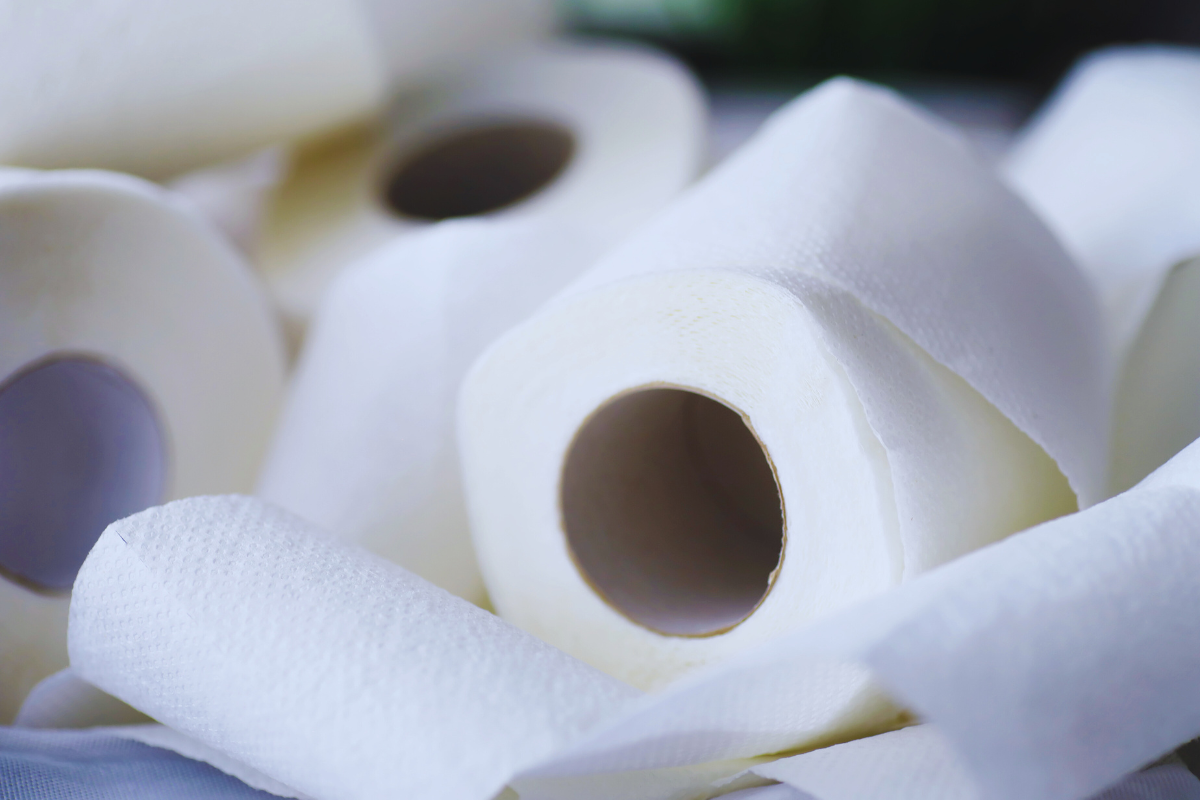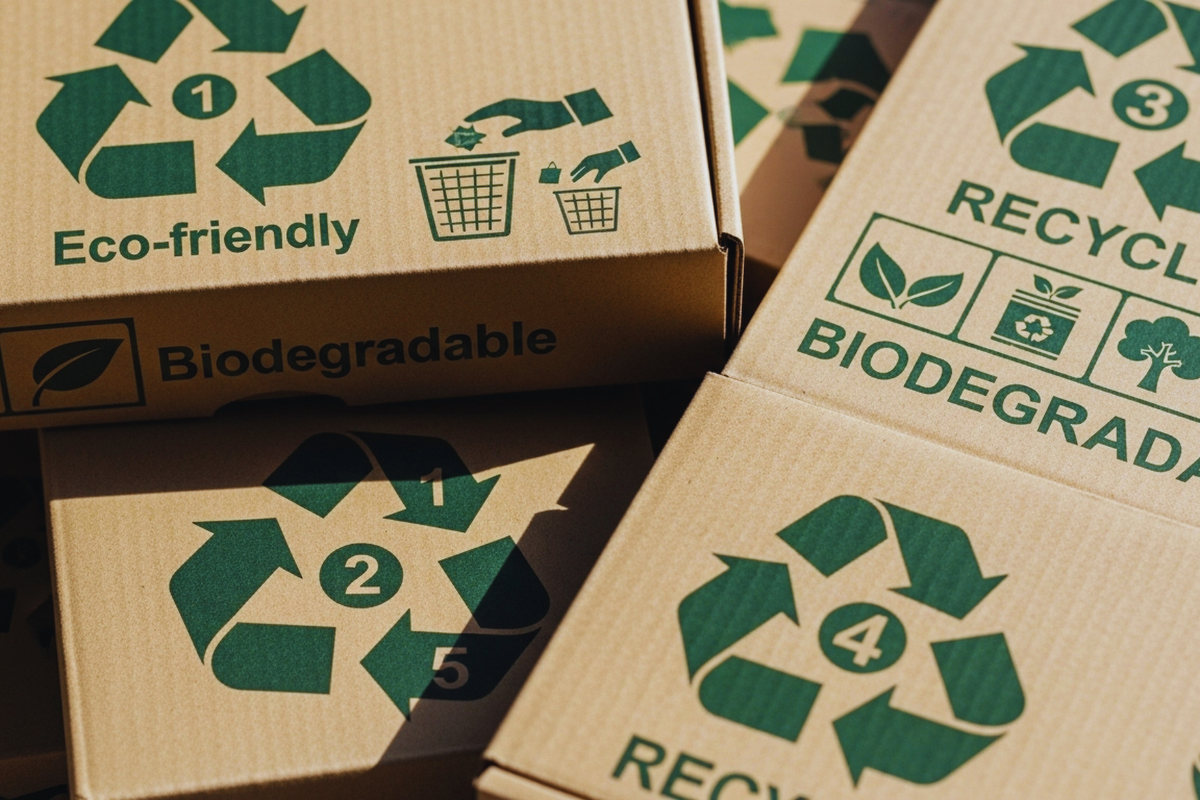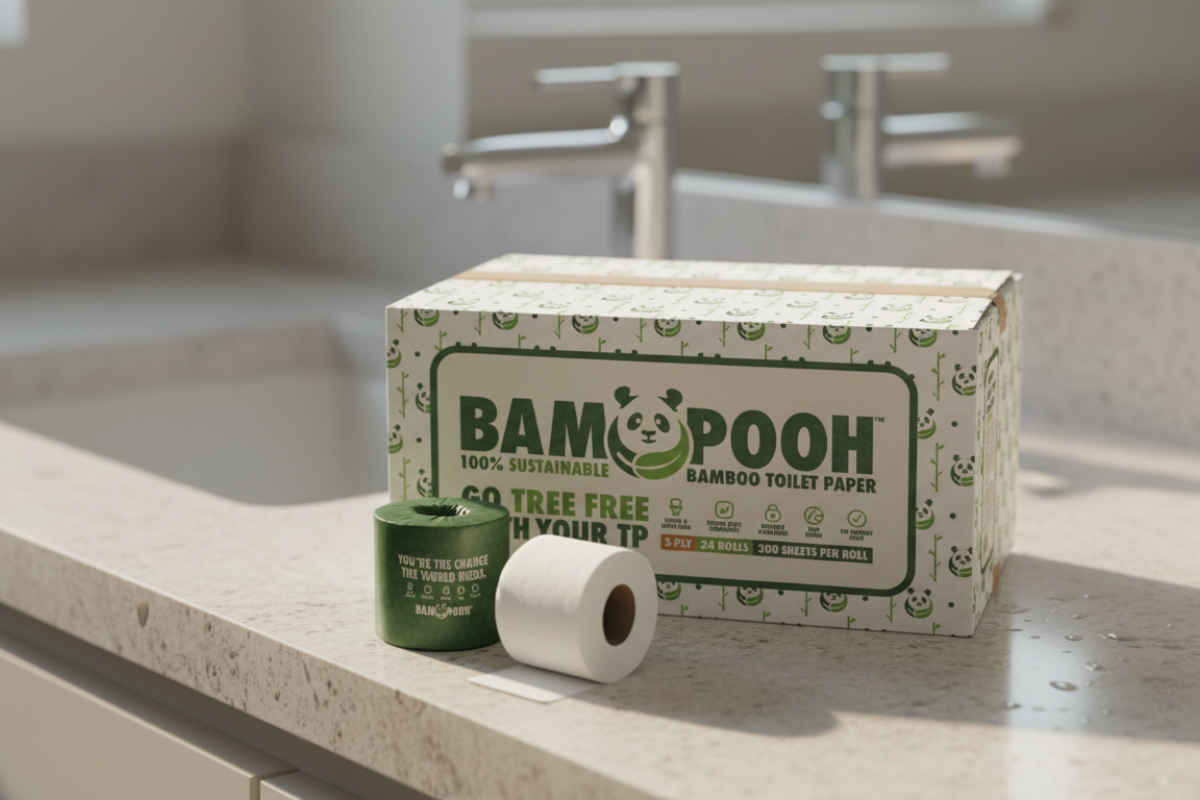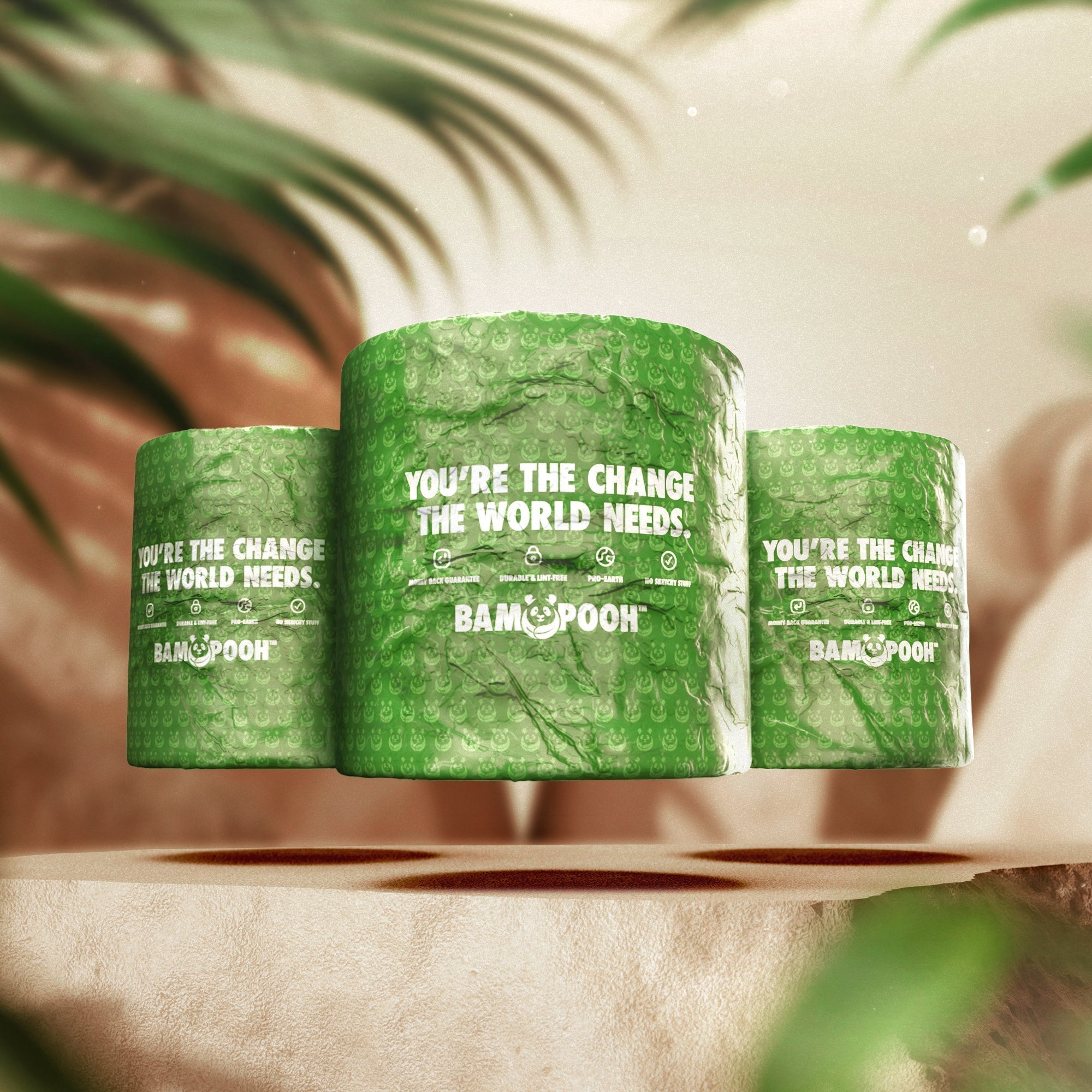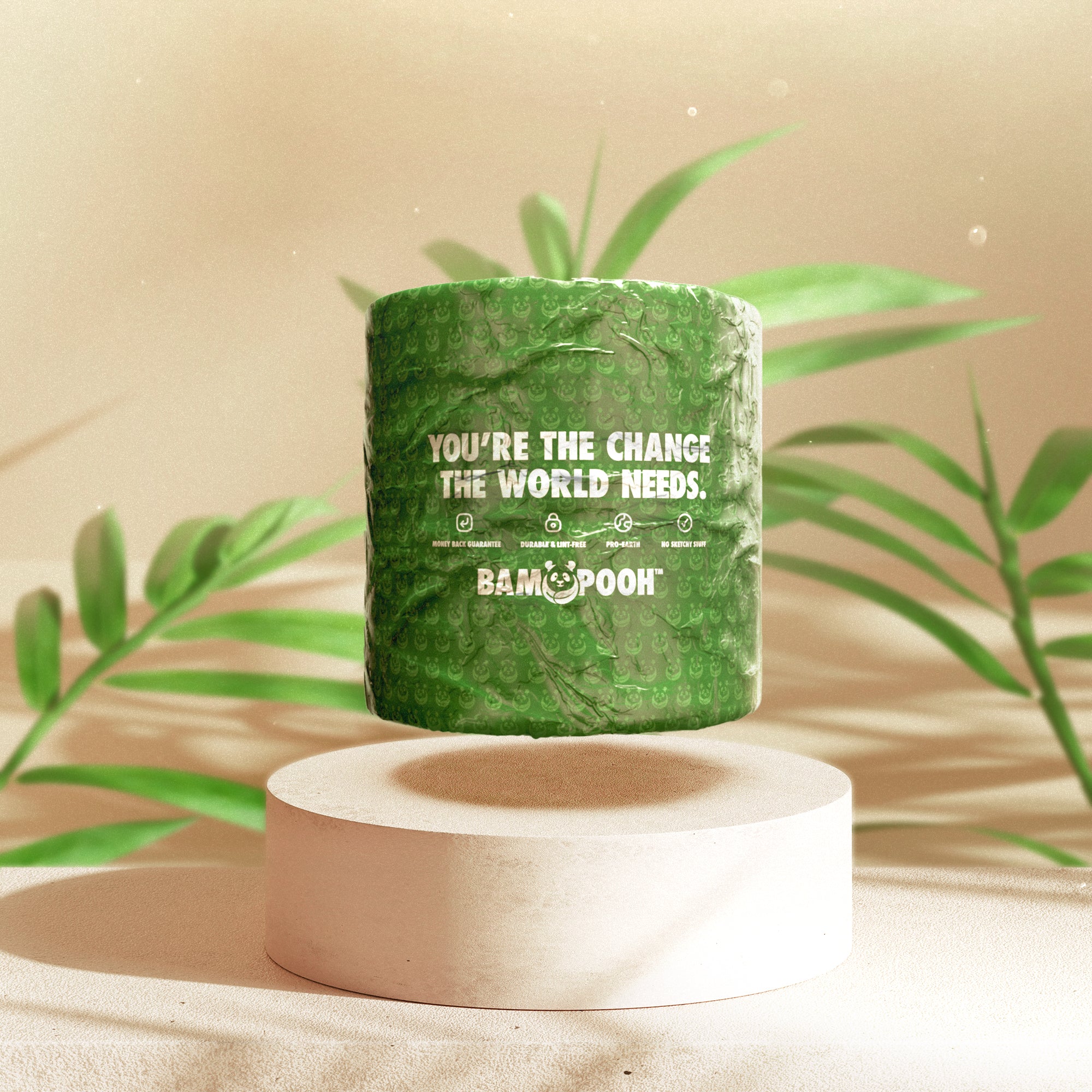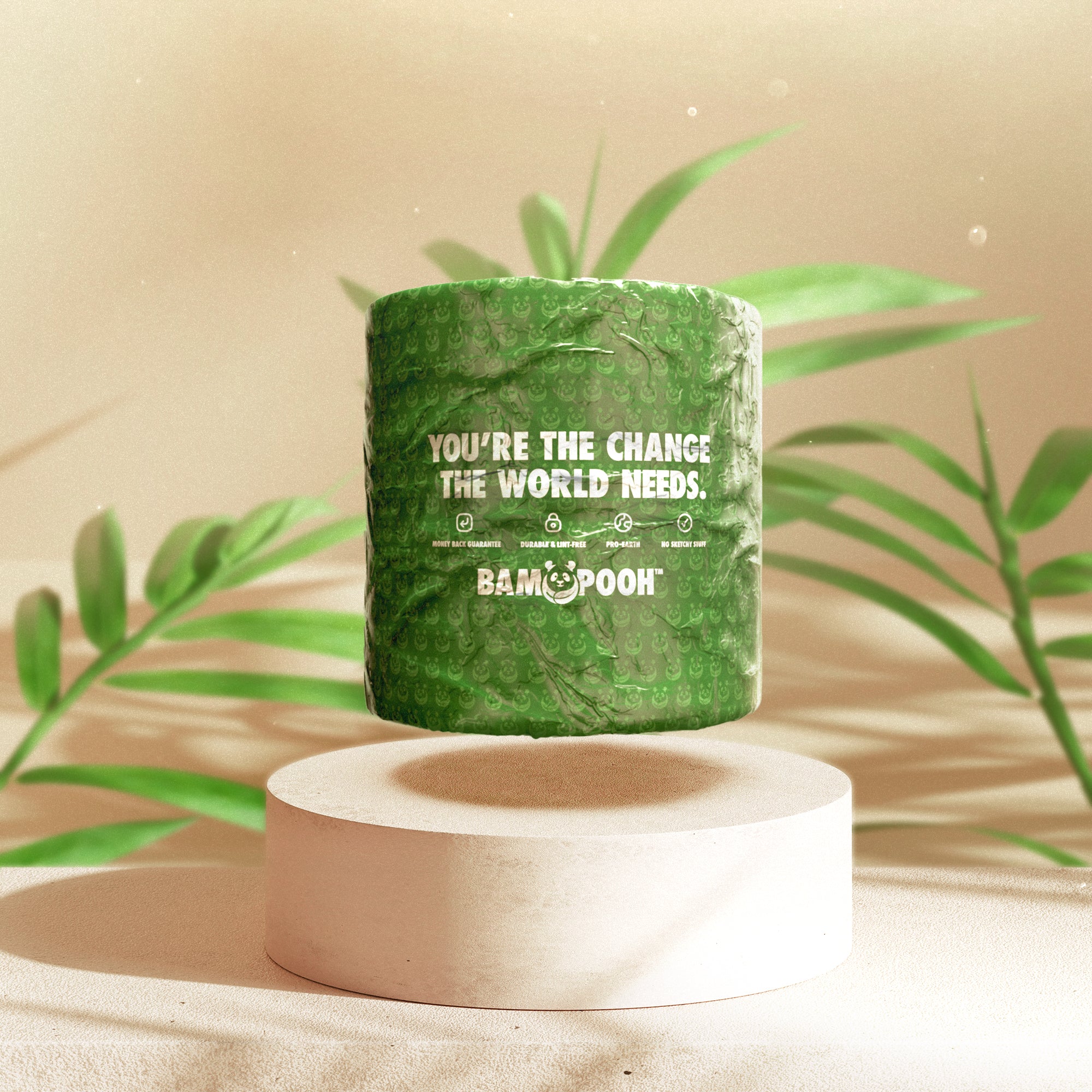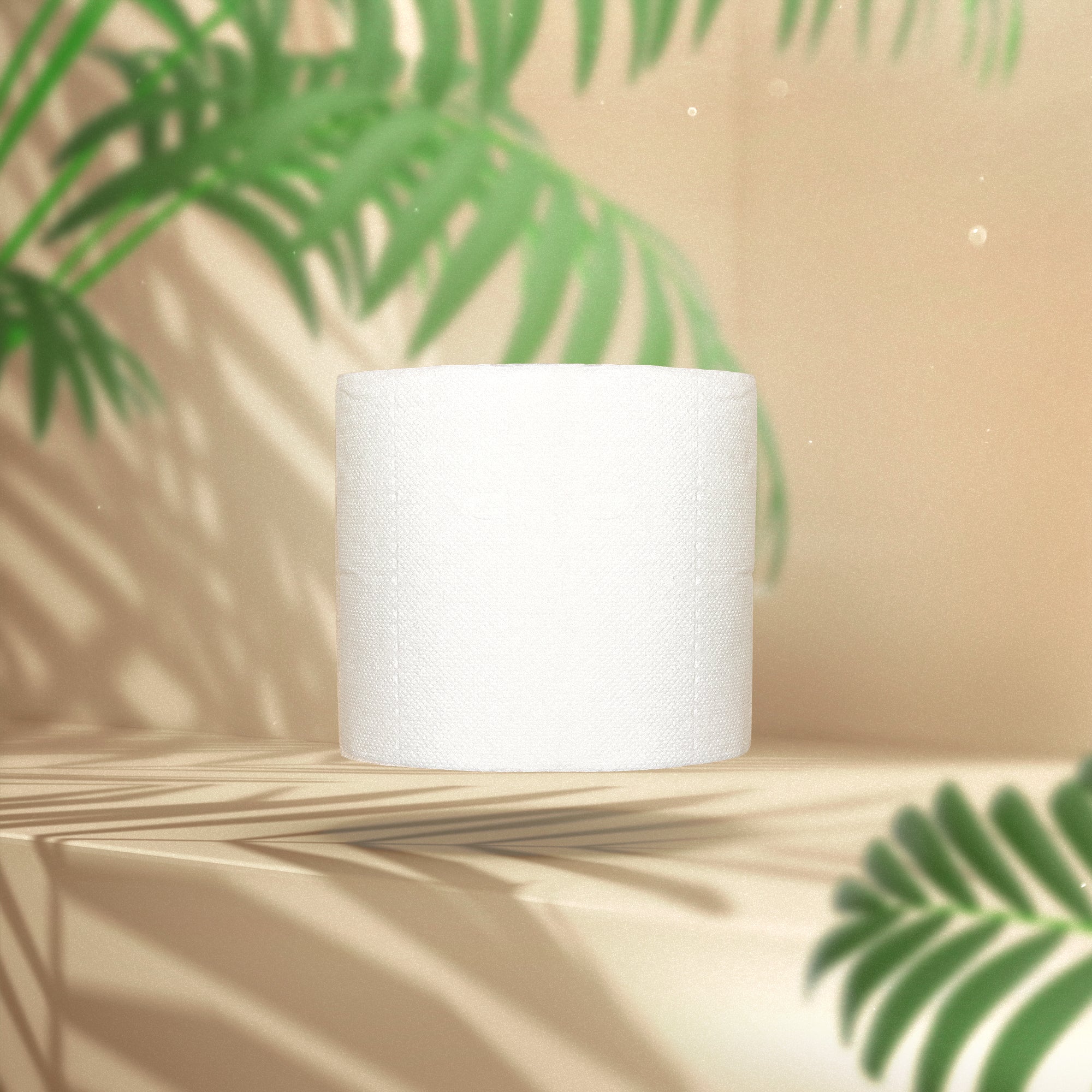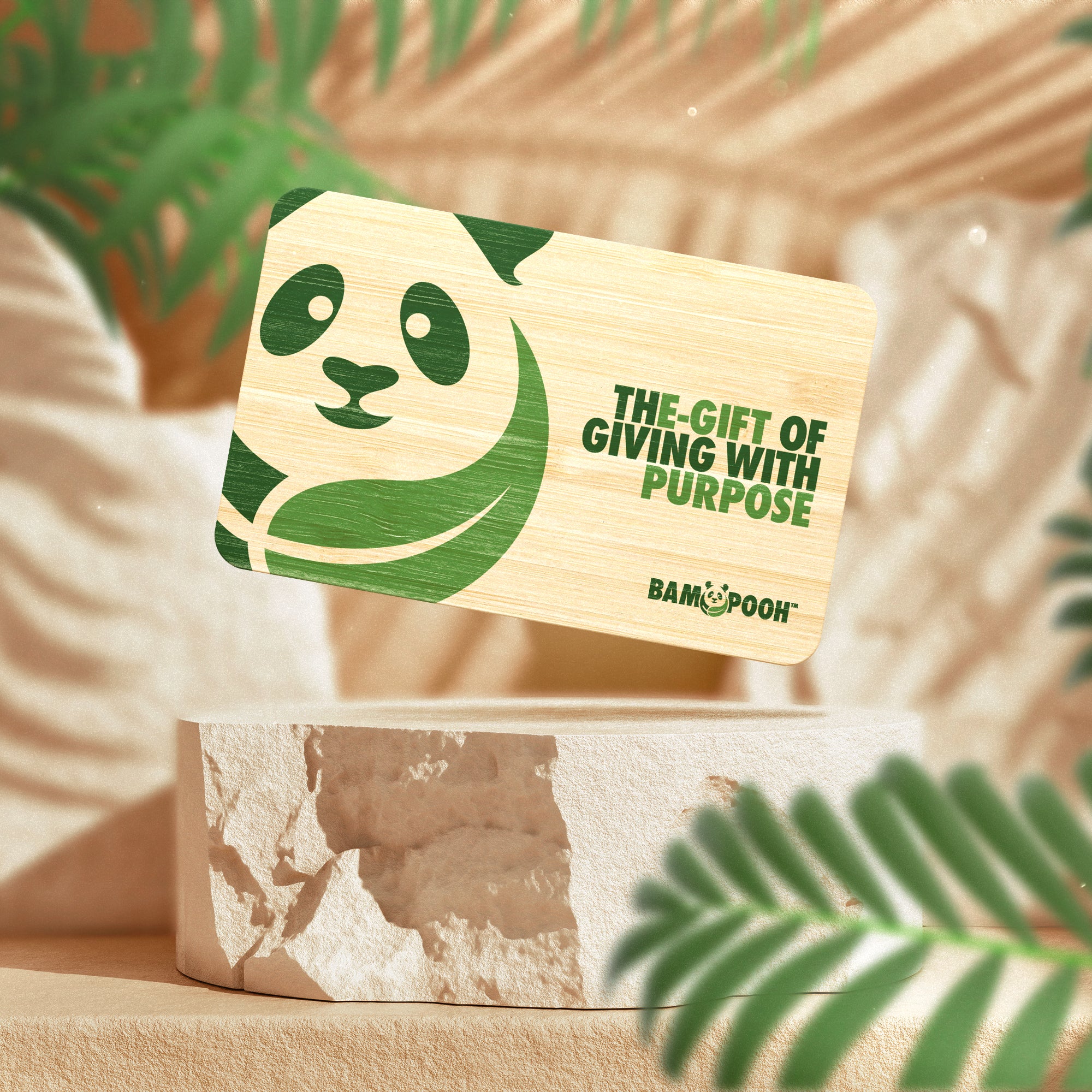For more than a century, toilet paper made from trees has been the standard. It's so common that most consumers have never stopped to consider what it’s made from, let alone the environmental cost of their daily flush. But as sustainability becomes more important to consumers and businesses alike, bamboo toilet paper is emerging as a serious contender to replace traditional tree-based products. The question is no longer if bamboo will replace tree toilet paper... it's when.
The Environmental Impact of Tree-Based Toilet Paper
Traditional toilet paper production involves harvesting millions of trees each year. These trees are processed using chemicals and significant amounts of water to produce the soft rolls people are used to. The process emits high levels of carbon dioxide and leads to deforestation, soil erosion, and biodiversity loss.
Tree-based toilet paper also has a slow growth cycle problem. Trees like spruce or eucalyptus can take 10 to 30 years to mature before being harvested. That’s decades of water, energy, and land investment just to create a product used for mere seconds.
Why Is Bamboo Toilet Paper a Better Choice
Bamboo is the fastest-growing plant on Earth. It can grow up to three feet in a single day, regenerates without the need to be replanted, and does not require fertilizers or pesticides. This makes it a renewable, low-impact resource that can be harvested sustainably.
When turned into toilet paper, bamboo performs just as well if not better than traditional tissue. It’s strong, soft, and naturally antibacterial. Consumers can make the switch without sacrificing comfort, and they’re doing so in increasing numbers.
Major Brands Leading the Charge
The bamboo toilet paper revolution is no longer just a niche trend. Major companies have entered the space with compelling product offerings aimed at environmentally conscious consumers. These brands vary in style, price point, and distribution model, but they all share one thing: a mission to replace tree paper once and for all.
Who Gives A Crap
Known for their cheeky branding and colorful wrapping, Who Gives A Crap offers bamboo toilet paper in plastic-free packaging. A major part of their business model involves donating a percentage of profits to build sanitation infrastructure in developing countries. Their bamboo rolls are available online via subscription and have become a staple in eco-friendly households.
Reel Paper
Reel Paper focuses on tree-free toilet paper made from 100 percent bamboo with no dyes or inks. The company is certified by FSC and offers carbon-neutral shipping. Reel is also committed to social impact by funding hygiene initiatives in underserved communities. Their rolls offer both softness and strength, making them a go-to for consumers who care about comfort and impact.
Cloud Paper
Backed by investors like Ashton Kutcher and Gwyneth Paltrow, Cloud Paper sells bamboo toilet paper made without plastic. Their direct-to-consumer model emphasizes convenience and eco-responsibility. The brand’s minimalist packaging and sleek design have helped it stand out in the growing bamboo space.
Betterway
Betterway offers bamboo toilet paper that’s unbleached and ultra-soft. Their 3-ply design caters to consumers looking for both performance and environmental responsibility. With strong reviews for durability and comfort, Betterway has become a favorite among shoppers seeking a premium experience.
Caboo
Caboo focuses on using bamboo and sugarcane as alternatives to tree pulp. They distribute through major retailers and online channels, offering a more accessible option for people interested in making an eco-friendly switch without subscribing to a service. Their products are septic safe and highly rated for their performance.
Bampooh
At the heart of this conversation is Bampooh, a fast-growing brand that is redefining the bamboo toilet paper market. Bampooh offers ultra-soft, eco-friendly rolls made from responsibly harvested bamboo. The company’s product is packaged with care, arrives in plastic-free boxes, and is shipped in a way that reduces waste and emissions.
What makes Bampooh stand out is its commitment to transparency and consumer satisfaction. Their website offers detailed information about the supply chain and environmental impact, making it easier for consumers to make informed choices. With flexible subscription plans and a growing subscriber base, Bampooh is positioning itself as a leader in the bamboo space.
What’s Holding Back Full Replacement?
Despite the clear benefits of bamboo toilet paper, it has yet to completely take over the market. Part of the hesitation comes from cost. Bamboo paper can be more expensive than traditional brands, mostly because of smaller scale production, more responsible harvesting practices, and more expensive supply chains. However, this cost is often mitigated by subscription models and bulk discounts.
There’s also the matter of habit. Many consumers simply stick to what they know. Toilet paper is a product that people don’t think much about until they need it. Changing something so ingrained in daily life requires strong education, branding, and incentives.
Is Bamboo Toilet Paper Truly Sustainable?
It’s important to recognize that not all bamboo toilet paper is created equal. Some products are harvested irresponsibly or processed using harsh chemicals that offset the environmental benefits. This is why certifications like FSC (Forest Stewardship Council) and the use of closed-loop manufacturing systems are critical.
Bampooh and others address this by offering transparency into their production processes. They highlight where the bamboo comes from, how it’s processed, and what steps are taken to minimize impact. Consumers looking for genuinely sustainable bamboo toilet paper should always check for certifications and brand practices.
Bamboo Toilet Paper Market Trends
Market research indicates that bamboo toilet paper is one of the fastest-growing segments in the hygiene industry. Consumers are becoming more informed and more motivated to spend their dollars in ways that align with their values. Retailers are also adjusting. Major grocery stores and eCommerce platforms now stock bamboo options alongside traditional brands.
Environmental legislation is another pressure point. Cities and states are beginning to ban or penalize single-use plastics and unsustainable forestry practices. These regulations could lead to increased demand for bamboo alternatives that offer a more sustainable path forward.
The Future of Bamboo Toilet Paper
As bamboo becomes more mainstream and costs drop, the switch from tree paper to bamboo will feel more like an evolution than a disruption. In time, tree-based toilet paper could go the way of incandescent bulbs and plastic straws a relic of a less conscious time.
For now, bamboo toilet paper is still in the early adoption phase. But every roll used by a consumer who chooses Bampooh or another sustainable brand sends a clear message. People are no longer satisfied with convenience alone. They want comfort, sustainability, and a future where everyday products don’t cost the planet.
Final Thought
Tree-based toilet paper may still dominate the shelves, but its reign is being challenged every day by a smarter, softer, and more sustainable option. Bamboo toilet paper is no longer just a trend. It is a movement.
Whether you choose Bampooh for its eco-friendly mission or one of its competitors for their innovation, one thing is certain. The future of toilet paper is green and bamboo is leading the way.


